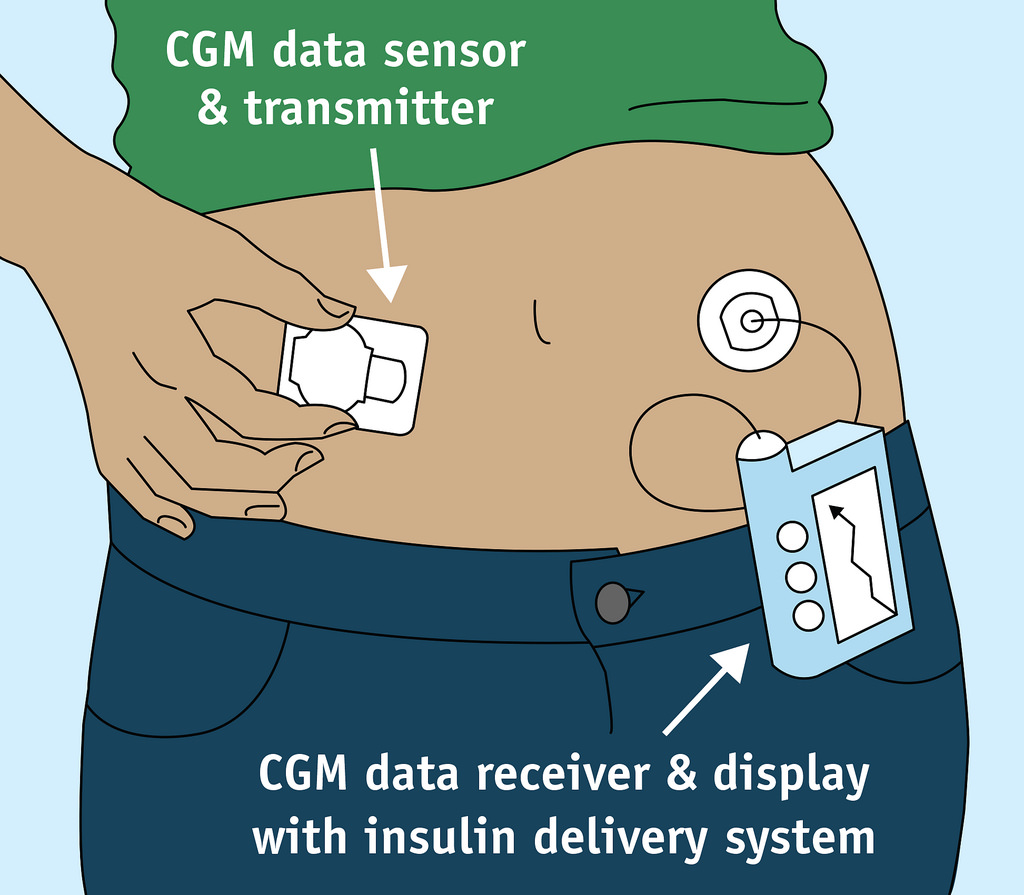Search

News & Events
Teens with diabetes cope with the additional burden of CV protectionACE inhibitors and statins are well tolerated in teenagers with Type 1 Diabetes but more evidence is required to demonstrate whether they are effective

News & Events
Have your sayThe Children's Diabetes Centre values the importance of community members having a say by giving feedback and guidance on issues important to them.

News & Events
Zandyn's storyHaving diabetes is hard and that's why our researchers are working tirelessly to develop more effective therapies to improve the lives of those living with T1D

News & Events
CGM and exercise trialChildren with Type 1 Diabetes (aged eight to 12 years) are needed for a new trial into Continuous Glucose Monitoring (CGM) and exercise.

News & Events
Sprint studyJoin us in Western Australia's first home-based study looking at the effect of sprinting during exercise in Type 1 Diabetes.

News & Events
Transitioning from paediatric to adult diabetes servicesThe period of transition between paediatric (child) services and adult-based services is a sensitive one for patients with diabetes.

Find out what the Children's Diabetes Centre is and what research it is conducting.

Pump Comparison tool . This easy-to-use updated comparison tool is designed to help you pick the right device for your family.

Websites we think you'll find useful.
Research
"I just get scared it's going to happen again": a qualitative study of the psychosocial impact of pediatric burns from the child's perspectiveAdvances in medicine have improved the chances of survival following burn injuries, however, psychosocial outcomes have not seen the same improvement, and burn injuries can be distressing for both the child or young person, negatively affecting their wellbeing. Pediatric burn patients are at a higher risk of developing psychopathology compared to the general population.
